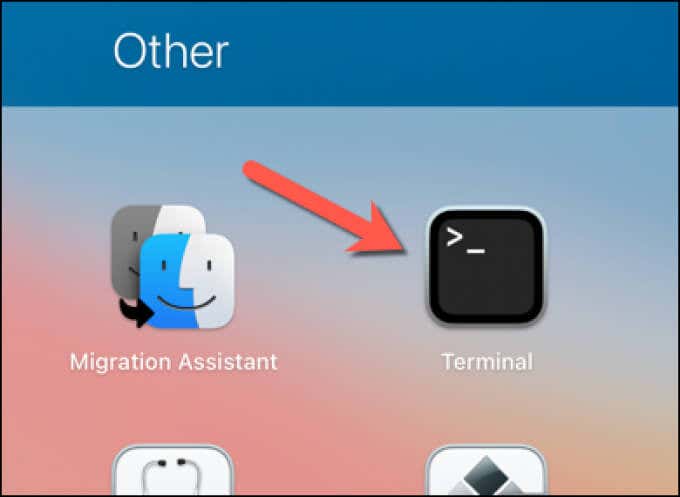
- MAC TERMINAL SSH KEY HOW TO
- MAC TERMINAL SSH KEY INSTALL
- MAC TERMINAL SSH KEY PASSWORD
- MAC TERMINAL SSH KEY MAC
Then enter a title name - can be anything, e.g.Click the button which says ‘New SSH key’.Click on that link which will take you to a page where you can enter your public SSH key that you copied earlier.On the left-hand side menu, you will see a link “SSH and GPG keys”.Once you have copied your public SSH key, login to your GitHub account and go to.
MAC TERMINAL SSH KEY HOW TO
How to upload your public SSH key to GitHub This will copy the contents of the id_rsa.pub file to your clipboard. Open a terminal and type $ pbcopy < ~/.ssh/id_rsa.pub In order to authenticate yourself and your device with GitHub, you need to upload your public SSH key which you generated above to your GitHub account.

This is optional, either create a passphrase or press enter for no passphrase
MAC TERMINAL SSH KEY INSTALL
Open a terminal and type $ brew install git
MAC TERMINAL SSH KEY MAC
In order to use the Terminal to create instances, set up triton and CloudAPI as well as the triton-docker commandline tool.In this step-by-step Git Tutorial, we will go through how to install Git on a Mac machine, how to generate SSH keys and upload your public SSH key to your GitHub account for authorization. Right in the portal, you can easily create Docker containers, infrastructure containers, and hardware virtual machines.
MAC TERMINAL SSH KEY PASSWORD
You may see a password prompt like this: $ ssh password: It will now appear in your table of keys under SSH. Note: although providing a key name is optional, it is a best practice for ease of managing multiple SSH keys.


ssh directory and is used to verify the public key you use belongs to the same Triton Compute Service account. Your private key is saved to the id_rsa file in the. Your identification has been saved in /Users/myname/.ssh/id_rsa. You will need to enter the passphrase a second time to continue.Īfter you confirm the passphrase, the system generates the key pair. You can also hit the ENTER key to accept the default (no passphrase). The ssh-keygen utility prompts you for a passphrase. Press the ENTER key to accept the default location. When you execute this command, the ssh-keygen utility prompts you to indicate where to store the key. To generate SSH keys in macOS, follow these steps:Įnter the following command in the Terminal window. When you generate the keys, you will use ssh-keygen to store the keys in a safe location so you can bypass the login prompt when connecting to your instances. The other file is a public key which allows you to log into the containers and VMs you provision. One is the private key, which should never be shared with anyone. Generating an SSH keyĪn SSH key consists of a pair of files. The Terminal window opens with the commandline prompt displaying the name of your machine and your username. In Finder, choose Utilities from the Applications folder.To open the macOS Terminal, follow these steps: Terminal is the terminal emulator which provides a text-based command line interface to the Unix shell of macOS. DSA keys will work only if the private key is on the same system as the CLI, and not password-protected. Joyent recommends RSA keys because the node-manta CLI programs work with RSA keys both locally and with the ssh agent. Once you upload a valid public SSH key, the Triton Compute Service uses SmartLogin to copy the public key to any new SmartMachine you provision.

You generate an SSH key through macOS by using the Terminal application.


 0 kommentar(er)
0 kommentar(er)
